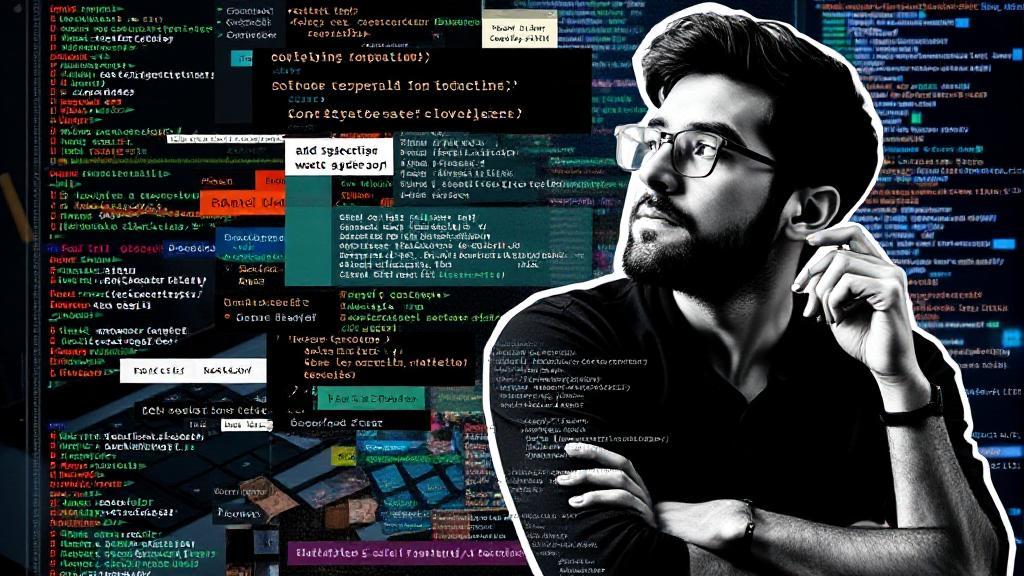Introduction
In today's digital age, software developers play a crucial role in shaping the technological landscape. They are the architects behind the applications and systems that power our daily lives, from mobile apps to complex enterprise solutions. Understanding the role and responsibilities of a software developer is essential for anyone looking to enter the field or collaborate with these tech professionals.
What is a Software Developer?
A software developer, also known as a programmer or coder, is a professional who designs, codes, tests, and maintains software applications. They work across various industries, creating solutions that meet specific user needs. Developers can specialize in different areas, such as web development, mobile app development, or systems software.
Core Technical Responsibilities
Writing and Maintaining Code
Software developers spend a significant portion of their time writing, testing, and maintaining code. They must be proficient in multiple programming languages and frameworks, depending on their specialization. Common languages include:
- Python
- JavaScript
- Java
- C++
- Ruby
Software Architecture and Design
Developers must understand and implement proper software architecture principles. This includes:
- Creating scalable solutions
- Implementing design patterns
- Ensuring code maintainability
- Planning for future extensibility
Testing and Debugging
Quality assurance is crucial in software development. Developers are responsible for:
Skills Required
To excel as a software developer, one must possess a combination of technical and soft skills:
- Programming Languages: Proficiency in languages such as Python, Java, C++, or JavaScript
- Problem-Solving: Ability to identify issues and devise efficient solutions
- Attention to Detail: Writing code requires precision and accuracy
- Communication: Clear communication with team members and stakeholders
- Continuous Learning: Staying updated with the latest trends and technologies
Collaboration and Documentation
Team Interaction
Modern software development is rarely a solo endeavor. Developers must effectively collaborate with:
- Other developers
- Project managers
- Quality assurance teams
- UI/UX designers
- Product owners
- Stakeholders
Documentation
Clear documentation is essential for project success:
"Code tells you how; documentation tells you why." - Jeff Atwood, co-founder of Stack Overflow
- Technical specifications
- API documentation
- Code comments
- User guides
Technical Skills Table
Career Path and Opportunities
The career path for a software developer can vary depending on their interests, skills, and experience:
- Junior software developer: Entry-level position that involves working on small projects
- Senior software developer: Lead developer role for complex software programs
- Technical lead: Leadership role overseeing technical aspects
- Software architect: Designing and implementing overall system architecture
Resources for Aspiring Developers
For those interested in pursuing a career in software development, numerous resources are available:
- Online Courses: Platforms like Coursera and Udemy
- Coding Bootcamps: Programs like Le Wagon and General Assembly
- Developer Communities: Stack Overflow and GitHub
- Learning Platforms: Codecademy and Mozilla Developer Network (MDN)
The role of a software developer extends far beyond just writing code. It requires a combination of technical expertise, problem-solving abilities, and strong interpersonal skills. Success in this field demands continuous learning, adaptability, and a commitment to quality and collaboration.
